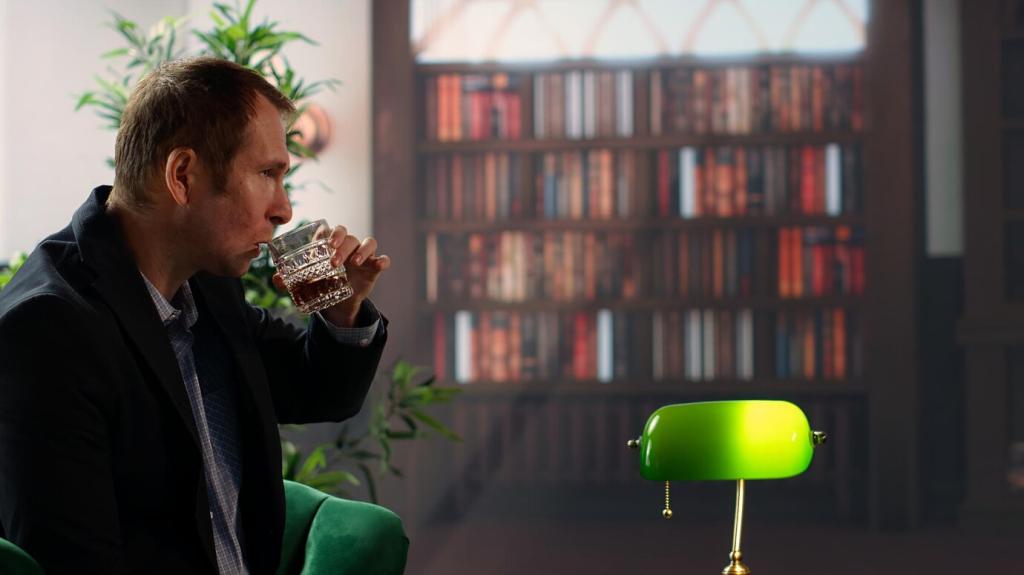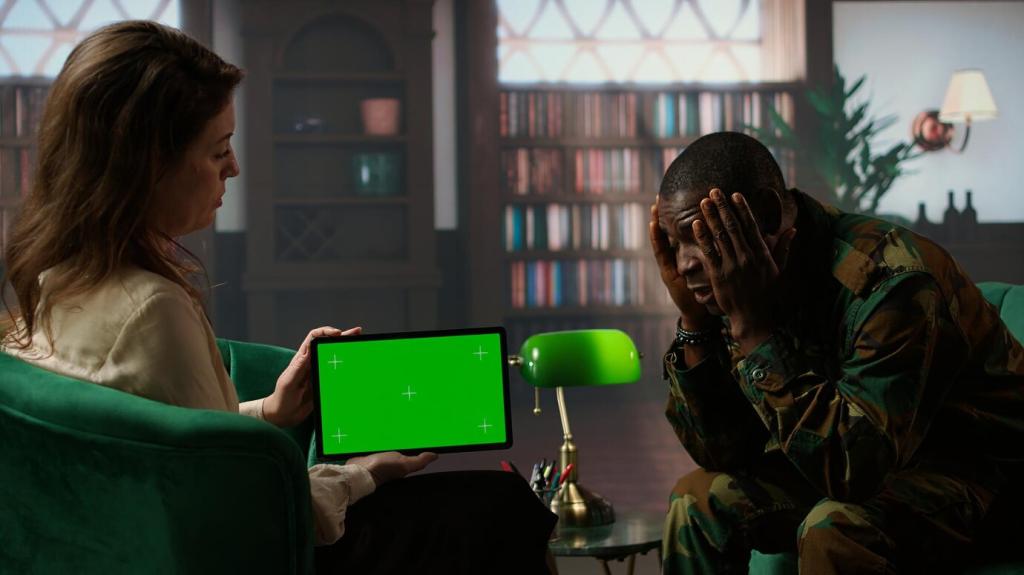
Notable Book-to-Movie Transformations That Made Waves in German
The intersection of literature and cinema has long been a fertile ground for creativity, particularly within the German-speaking world. Numerous novels, both classic and contemporary, have been reimagined for the silver screen, often sparking debate, delight, and controversy. These adaptations not only interpret beloved stories through a visual lens but also reflect the evolving cultural and historical contexts of their times. Here, we explore some of the most significant book-to-movie transformations that have left a notable impact on German audiences and critics alike.
Literary Foundations: Classic Novels, Iconic Films

Franz Kafka’s “Die Verwandlung” (The Metamorphosis) is a literary touchstone whose existential dread and surreal imagery have challenged filmmakers for decades. Multiple adaptations, both direct and inspired, have attempted to capture the essence of Gregor Samsa’s transformation into a giant insect and the subsequent unraveling of his family. The 1975 German television adaptation stands out for its stark portrayal of isolation and alienation, resonating deeply with audiences grappling with postwar dislocation. Translating Kafka’s dense, inner narrative to a visual medium was a formidable task, yet the adaptation’s claustrophobic set design and minimalist performances brought the novella’s emotional currents to life, securing its place in the canon of German film adaptations.


"Die Blechtrommel" – Rebellion and Absurdity on Film
Günter Grass’s “Die Blechtrommel” (The Tin Drum) is a cornerstone of 20th-century literature, and Volker Schlöndorff’s 1979 film adaptation captured both its fantastical absurdity and its razor-sharp social critique. The protagonist, Oskar Matzerath, uses his refusal to grow up as a form of protest against a world marked by violence and hypocrisy. The film’s provocative imagery and unflinching portrayal of historical atrocities challenged audiences to confront their own societal complicity. Winner of the Palme d’Or and an Oscar for Best Foreign Language Film, “Die Blechtrommel” set a benchmark for adaptations that do not shy away from controversy or discomfort.

"Berlin Alexanderplatz" – Epic Adaptation of Urban Despair
Alfred Döblin’s “Berlin Alexanderplatz” is often hailed as one of the greatest German novels, and its 1980 television adaptation by Rainer Werner Fassbinder became an event in itself. Sprawling over 14 episodes, the series meticulously translated the novel’s chaotic urban tapestry and its antihero Franz Biberkopf’s struggle for redemption. Fassbinder’s adaptation preserved the novel’s fragmented narrative style, using cinematic techniques to evoke the psychological and social fragmentation of 1920s Berlin. The epic scale and experimental innovation of the series offered audiences a new way of engaging with both literature and history as living, evolving entities.
